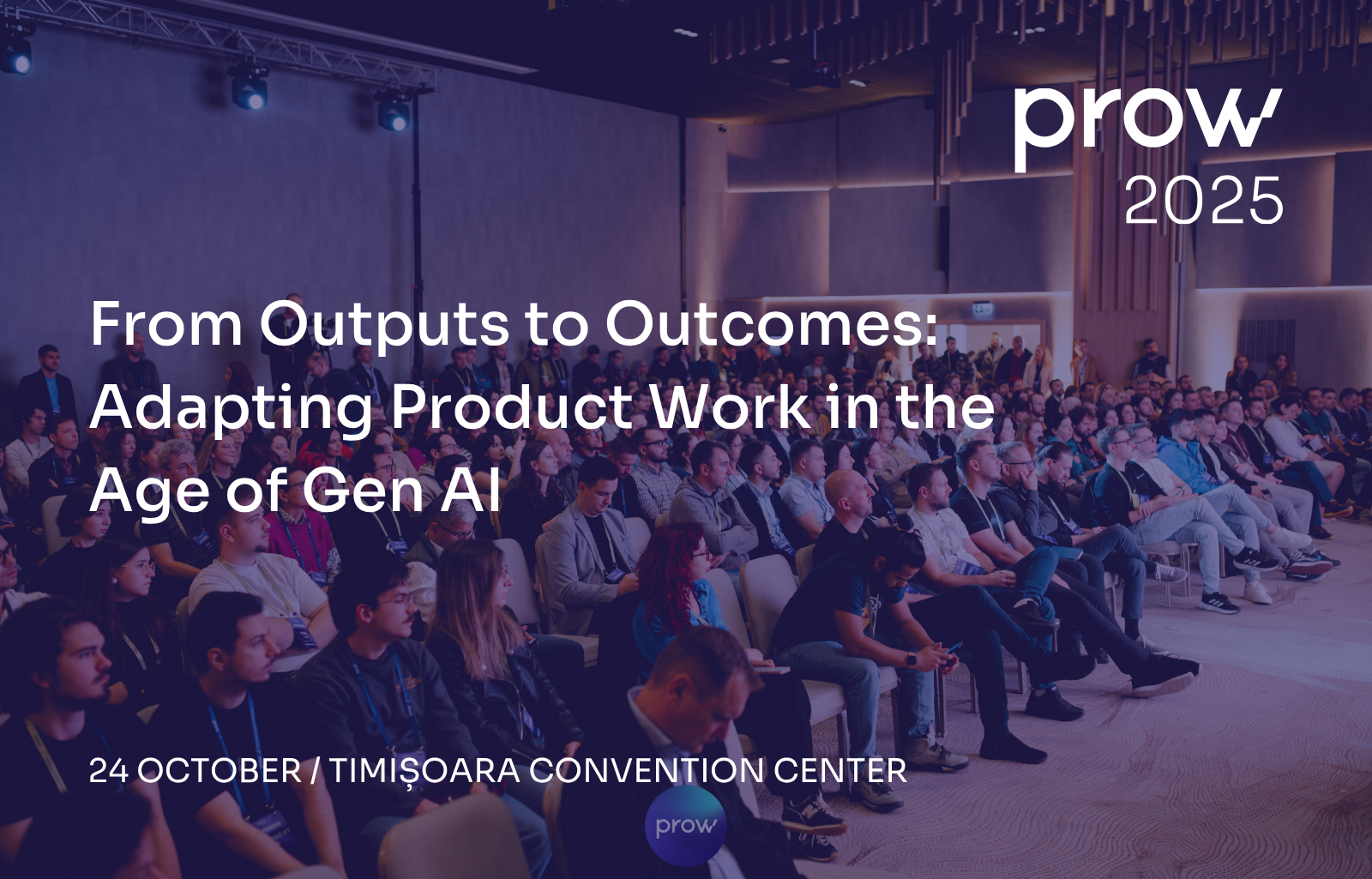POV: It’s Monday, 9 AM. You’re pouring your first coffee of the week, staring at the report that must be ready by Friday. The goal? Understand what really sets your customer apart from the market.
You start the familiar routine: hunting down competitors, scrolling endlessly through websites, comparing features, building spreadsheets. Hours pass. The deadline looms. By Friday, you might have something solid enough to share.
But what if Friday could turn into Tuesday?
That’s what Gen AI makes possible: compressing the time it takes to gather, organize, and process information so that product teams can spend less time digging and more time thinking. More time asking, “What does this mean for our customer?” and “How can we use this insight to shape real value?”
The real essence of product work has always been in the meaning we bring—understanding customer needs, uncovering opportunities, and shaping solutions that make a difference. That’s the heart of why product work matters.
Gen AI is rewriting the product world by giving us more space to focus on exactly that. The long hours once spent gathering, organizing, and synthesizing data can now shrink into moments, freeing us to lean into higher-value work: connecting insights, testing bold ideas, and envisioning what comes next.
This shift demands adaptability. The product world isn’t just working faster—it’s working differently. Product managers, analysts, designers, and developers alike will need to rethink not only their processes, but also their priorities. It’s no longer enough to deliver outputs; the real value is in outcomes—problems solved, opportunities created, impact delivered.
For me, this is personal. Too often, I’ve seen product conversations get stuck in deliverables—requirements, reports, or roadmaps—while the true measure of our impact lies in outcomes. Are we solving the right problems? Are we creating meaningful change for our customers and organizations?
Gen AI isn’t rewriting product work for us—it’s rewriting the conditions under which product work creates value. The challenge, and the opportunity, is ours: to adapt, to reimagine, and to make product work matter more than ever.

